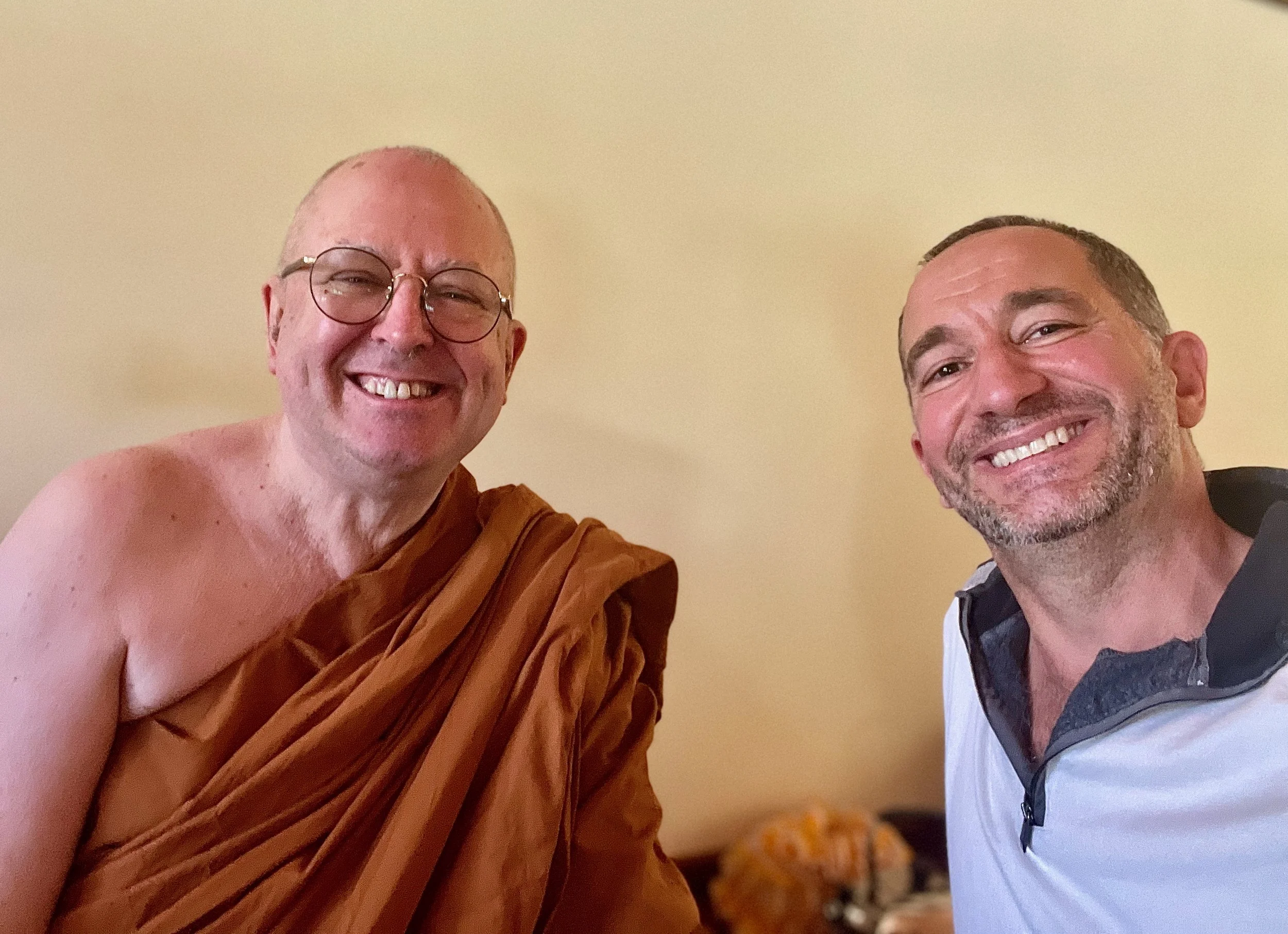Lessons from Three Months of Meditation: Part 2 - Remorse
Recently, I shared how three months in a Buddhist monastery affected my approach to conflict. But there was another unexpected lesson: the horror of remorse.
I went in expecting to battle meditation classics: a racing mind, restlessness, and desire. But, nope, that’s not at all what happened. After weeks of silence, it drowned me like a tidal wave. While trying to focus on my breath, dozens and dozens of regrettable things I've done washed into my consciousness, and they just kept coming.
Not just big stuff. I found myself obsessing over $4 I borrowed in college and may not have repaid, not sticking up for a school classmate who was being bullied, and relationships where I showed up as half the person I should've been.
The anxiety got so bad that the abbot actually told me to stop meditating. "Just go for walks," he said, which in a monastery like that seemed equivalent to saying "you're in real trouble."
Through the stabbing pain (literally), I came to see that integrity isn't a noble sacrifice we make for others; it's part of self-preservation. I would even say it’s a type of psychological hygiene.
In leadership, we frame integrity as "accountability to stakeholders" and even convince ourselves that compromising our morality is part of our obligation to those stakeholders. What a setup! Even tiny ethical compromises eat away at something precious and important inside us.
Two weeks after returning, fresh off my spiritual trip, I fell flat into an old pattern. I was so disappointed. Once I’d realized, however, I felt deep resolve not to make that mistake again.
In our corner-cutting world, perhaps the real leadership superpower is having the backbone to live by your values even when people you care about wish you wouldn't.
